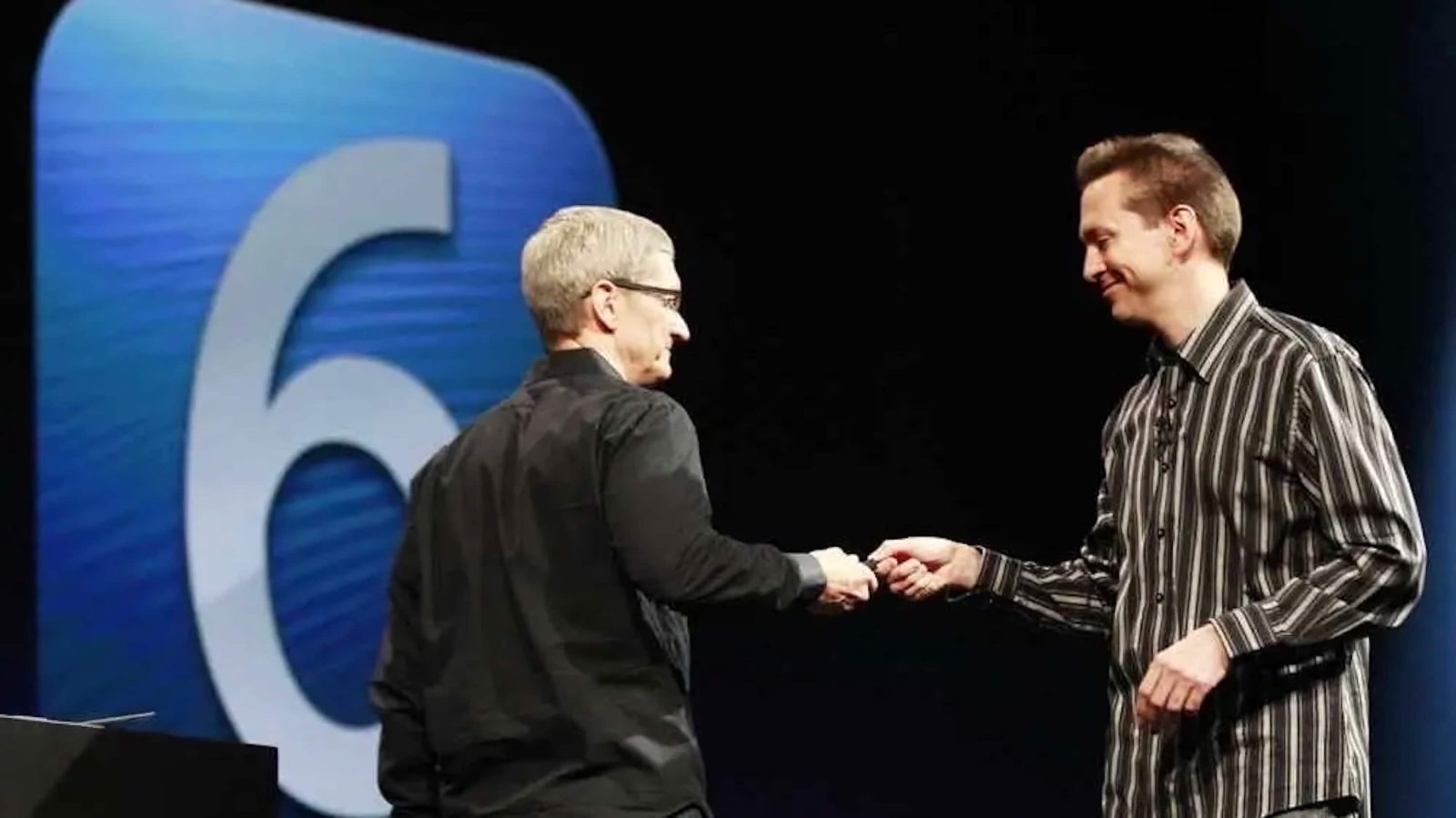
The latest ChatGPT-4 chatbot officially debuted yesterday, as OpenAI’s follow-up to the initial public launch of the technology in December. Following that launch, a new report from The New York Times goes in-depth on how Apple, Amazon, and Google “lost the AI race.”
Is Apple working on its own ChatGPT competitor?
The report, which starts by recounting the initial debut of Siri in 2011, explains that “virtual assistants had more than a decade to become indispensable.” Instead, they’ve been “hampered by clunky design and miscalculations, leaving room for chatbots to rise.”
One of the reasons Siri has been slow to adapt, the report says, is because of “technological hurdles” and “clunky code.” The report cites John Burkey, a former Apple engineer who worked on Siri. These problems led to it taking “weeks” for Siri to be updated with “basic features.”
Siri also had a cumbersome design that made it time-consuming to add new features, said Mr. Burkey, who was given the job of improving Siri in 2014. Siri’s database contains a gigantic list of words, including the names of musical artists and locations like restaurants, in nearly two dozen languages.
That made it “one big snowball,” he said. If someone wanted to add a word to Siri’s database, he added, “it goes in one big pile.”
These issues meant that “adding some new phrases to the data set would require rebuilding the entire database,” a process that could take up to six weeks. “Adding more complex features like new search tools could take nearly a year,” the report says.
The report doesn’t have many details on what the future holds for Siri, or how (if?) Apple is working to rectify those underlying Siri issues. The report points out that Apple held its internal AI summit for employees last month, as previously reported by Bloomberg.
The report does, however, say that Apple engineers have been “testing language-generating concepts every week.” This includes engineers on the Siri team. Unfortunately, there aren’t any further details on these projects.
Follow Chance: Twitter, Instagram, and Mastodon
FTC: We use income earning auto affiliate links. More.



Comments